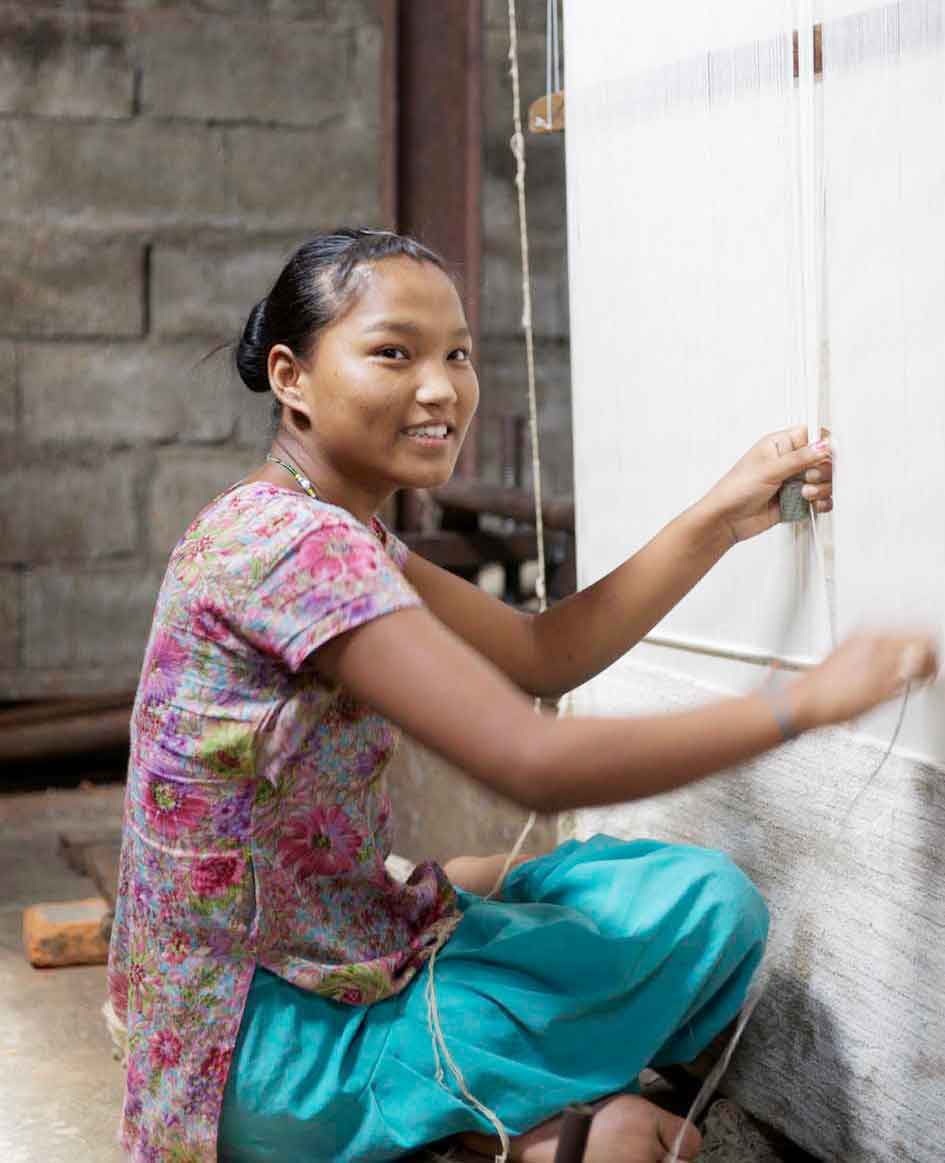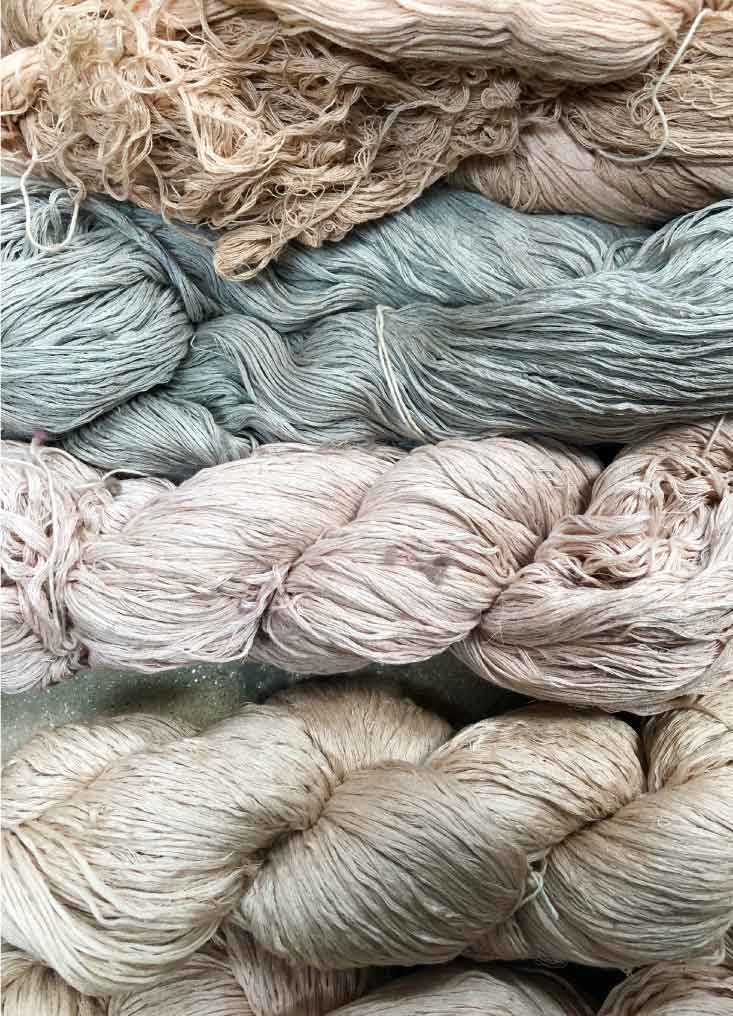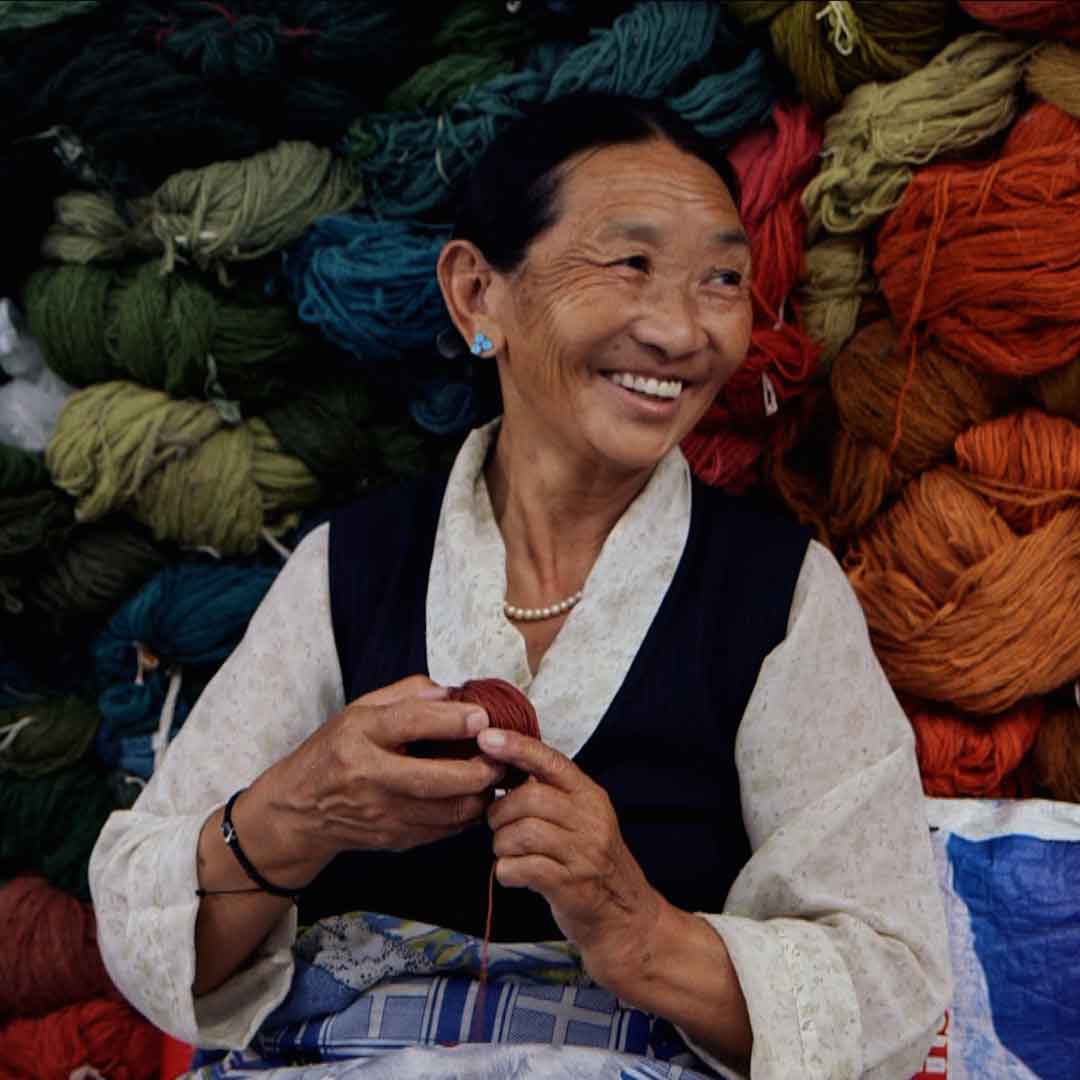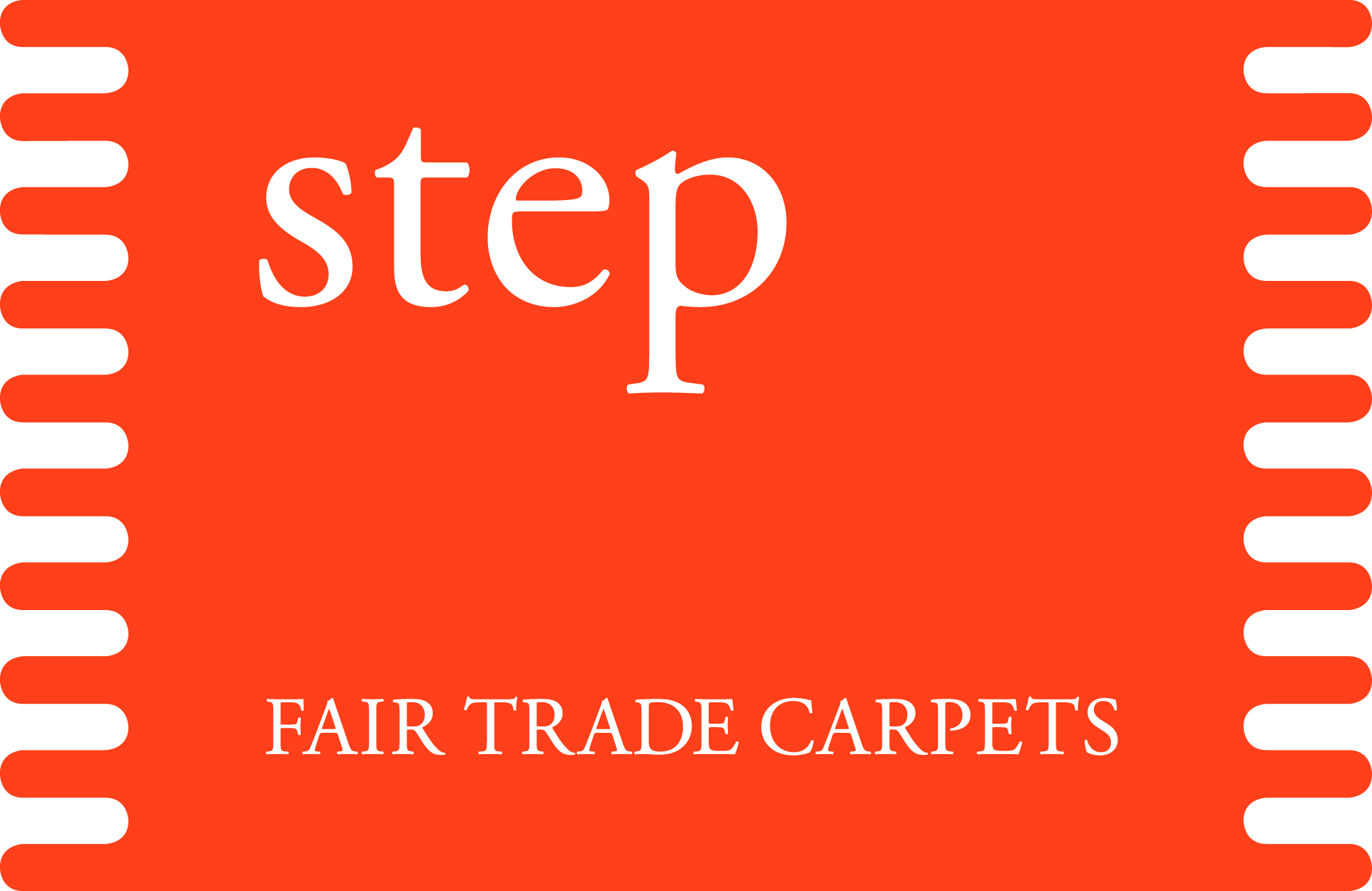SUSTAINABILITY IN PRACTICE
'The longevity of a product, and especially a hand-made product, makes it by definition sustainable. It is not mass produced, doesn’t have a short shelf life with the need to replace it every few years, which would result in increased and unnecessary waste'
Each year millions of consumer goods, from furniture and household appliances to clothing and footwear, are discarded. For a product to be sustainable it needs of fulfil the needs of current generations without compromising the needs of future generations. The industry from which it derives needs to ensure a balance between economic growth, environmental care and social well-being.
The process that goes into the making of a hand-knotted rug not only results in a product that will last a lifetime, it generates work and support for the communities in one of the world’s poorest nations and keeps an ancient traditional alive.
At Knots Rugs, we are committed finding ways to improve our environmental performance and reduce any negative impact on the environment. We design, source, and produce premium quality products that will stand the test of time. A traditional hand-knotted wool & silk rug stands tall against the environmental impact of built in obsolescence found in many mass-market, mechanically produced products. They are incredibly durable, will age gracefully and can be used for many years, thus reducing post-consumer waste.
All of our rugs are handmade and hand woven from natural fibres, their production consumes very little energy and they are made to last for decades. They are therefore more ecologically friendly than many industrial products.
Our dyeing factories in Nepal use rice husk as their energy source. Rice husk is a by-product from the numerous rice mills in the region and a valuable renewable energy source. Using it as biomass fuel instead of coal or other fossil fuels helps reduce carbon emission and contributes to limiting global warming.


QUALITY OF MATERIALS
All of our rugs are made from premium quality, natural fibres such as Chinese Silk, Tibetan wool, Cactus, Nettle, Linen, Wild Silks and the rarest of all, the luxurious and entirely vegan Lotus yarn. There is a fundamentally different look to handspun wool. You can discern the quality, as well as the irregularities, that makes each piece unique. It is these very inconsistencies that are the hallmark of a handmade product.
The quality of these materials results in a product that almost ‘speaks to you’ and, like a musical instrument, matures with age. The natural fibres also means that the rug is surprisingly easy to clean.
CLEANABILITY
Tibetan wool, as an example, has a high lanolin (fat) content. The sheep from which the wool comes live high up in the Himalayas having to withstand the most arduous of conditions and the lanolin helps protect them. This high fat content means that when you have a spillage on your rug, it is literally pushed back up to the surface of the rug, making it easy to clean off, by placing a cloth over the top and allowing it be absorbed into it, rather than the spillage being absorbed into the material as happens with man-made fibres, which would then result in the need to replace the carpet.
This is the case with all the natural fibres and it is why it is always worth the extra investment.
LONGEVITY & HARD WEARING
The knotting itself, 100 - 150 - 200 knots per inch, results in a rug that is so tightly knotted and durable, as well as stunningly beautiful, that it is exceptionally robust and hard wearing. From a design sense, the knots can be thought of like pixels in a photograph- the more pixels, the greater the detail. But equally, the higher the knotting, the tighter and more durable the rug. The beauty and intricacies of these designs should not belie the exceptionally durability of the rugs, that and are made to last a lifetime and beyond. In the case of some, they will become antiques that will rise in value as they grow older.
SUPPORTING THE COMMUNITIES
With its intricate designs, with the history that goes into its making, the quality of its construction, a beautiful hand knotted rug is like a painting, a concerto, a work of art, with a story behind every piece.
A hand-knotted rug is an investment that keeps an ancient art alive, that supports the communities that create it and has a substantial long-term impact on our relationship with products and the environment. This ancient technology is at the very forefront of innovation in design, in a way that cannot be achieved through machines or mass production, through all the processes described and the magical permutations and combinations of materials and colours possible within a single knot.
The processes of rug making within these communities are inextricably linked to a further definition of sustainability as ‘that which enhances the health and welfare of people’. The work generates income for the communities and their families and, most importantly, keeps this self-sustaining, ancient, weaving tradition alive. It is also one of the only industries that provides opportunities for women to contribute to the family income. Which in turn elevates the status of women in their families and communities. Children are schooled and parents are provided with day care. It generates work in the rural communities with no other income stream.
Knots Rugs partners with Label STEP, who constantly monitor the environmental impact of the rug industry and seek new ways to create an ever more sustainable product. They develop projects to teach the art of weaving out into the rural communities. They are assiduous in creating educational campaigns to stop migrant workers leaving for dangerous working conditions and the possibility of exploitation. And they ensure there is no child labour.


FAIR TRADE
Label STEP promises to improve the working and living conditions of carpet weavers and workers. We promote a sustainable carpet industry by ensuring that the highest international labour and environmental standards are upheld.
STEP is an organisation ensuring that we all continually strive for better working conditions, fair trade, fair pay, no child labour and general well-being for all weavers in carpet manufacturing countries. Step also promotes environmentally friendly production methods. To achieve these goals Label STEP is systematically monitoring the production sites of its licensees and their suppliers, taking measures to ensure fair conditions. Label STEP operates at the local level in all major carpet-producing countries: in Afghanistan, India, Iran, Kyrgyzstan, Morocco, Nepal, Pakistan and Turkey.
Actively supporting and promoting environmentally sound manufacturing methods to minimise the remaining production steps' impact on the environment, STEP was founded in 1995 by the development organisations Berne Declaration, Bread for All, Caritas Switzerland, Swiss Catholic Lenten Fund and Swiss aid together with IGOT (Swiss Association for Clean Oriental Carpet Trade).
Together we are fighting to keep this ancient art of weaving alive and thriving.
You can contact Label STEP directly on: info@label-step.org







